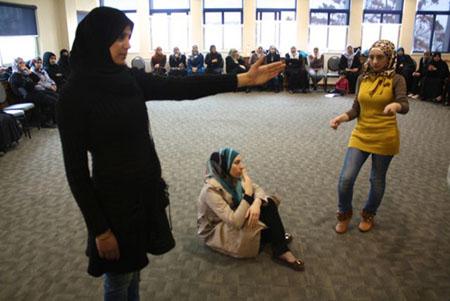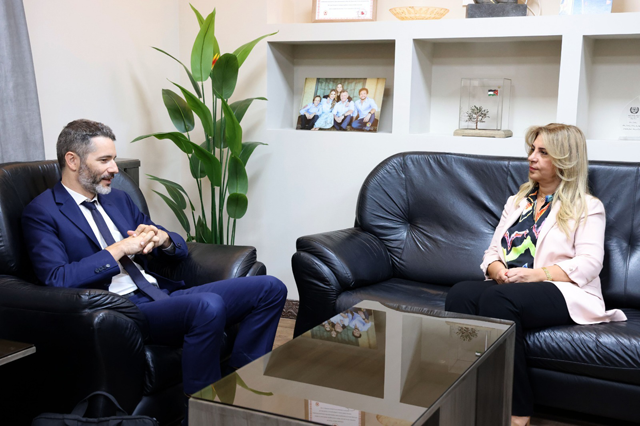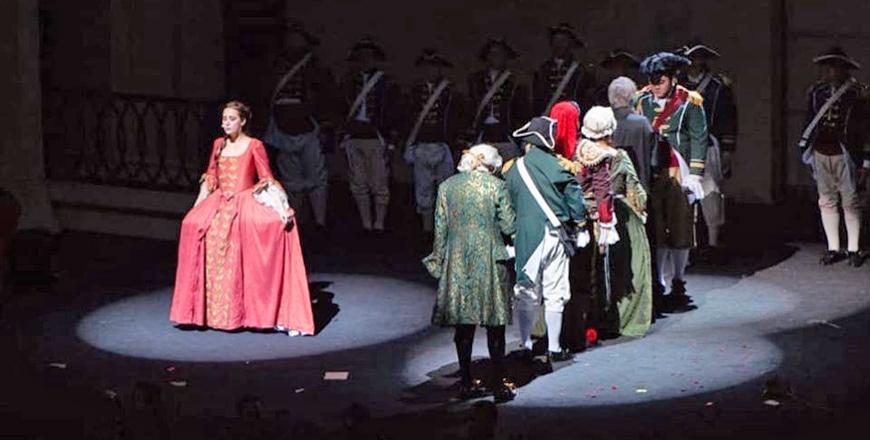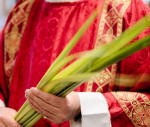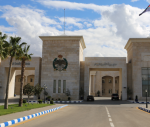You are here
Book puts spotlight on Palestinian theatre
By Saeb Rawashdeh - Sep 05,2020 - Last updated at Sep 05,2020
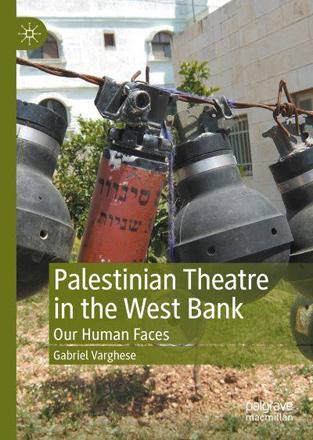
A front page of a book published last spring by Babriel Varghese
AMMAN — The development of Palestinian theatre in the West Bank has expanded “exponentially” since the early 1990s, according to a Britain-based scholar.
“People living under settler-colonial occupation are capable of creating and discussing works of art,” said Gabriel Varghese, a playwright, theatre director and a former postdoctoral fellow at the Council for British Research in the Levant (CBRL) at the launch of his book: “Palestinian theatre in the West Bank: Our human faces”, organised recently by Kenyon Institute in Jerusalem.
In the 19th century, traditional forms of theatre in the Ottoman-ruled Palestine, “hakawati” (storytelling) and “karagioz” (Greeko-Turkish shadow puppets), were very popular, he noted.
“One thing that I was really surprised with was the first performance of Hamlet in the Arab world which took place in Gaza in 1907,” Varghese said.
He added that he studied five theatres with global profile: Al Kasaba Theatre and Ashtar Theatre in Ramallah, Al Harah Theatre in Beit Jala, Freedom Theatre from Jenin and Al Rowwad from Betlehem.
The reason to study these companies was that they had their theatres and production, and they collaborated with international theatres, the scholar said.
He said that it was a micro-study and they had a global profile not only in the West Bank but also around the world.
In addition, “the collaborative practice with theatremakers around the globe becomes a big thing”, Varghese stressed, noting the example of the performance “The Siege of Troy”, where fundamental questions revolved around politics and ethics, with a direct allusion to Gaza being under the blockade similar to ancient Troy.
Varghese was told by a Palestinian activist that if he wants to write about the Palestinian theatres he should come personally to Palestine, “because there is a difference between reading about the oppression and seeing the oppression with your own eyes”.
“What companies often do is to tour locally,” the scholar said, noting that due to occupation restrictions it’s not always easy for Palestinians to attend theatre performances or festivals.
Today, “the world cannot talk about political theatre without talking about the Palestinian theatre”, he noted.
“We cannot talk about migration and theatre, refugees and prisoners without talking about Palestinian theatre,” Vaghese underlined.
Related Articles
The phrase “history repeats itself” strikes a chord with the “Queens of Syria”, 50 Syrian women who created and performed their own version of the ancient Greek play “The Trojan Women”.
AMMAN — The Vice President of the University of Jordan (UJ) for Humanities Affairs, Nahed Omeish, held discussions on Sunday with the French
AMMAN — A renaissance of opera theatre has appeared in the Middle East and North Africa (MENA) region recently, said an Italian scholar and



